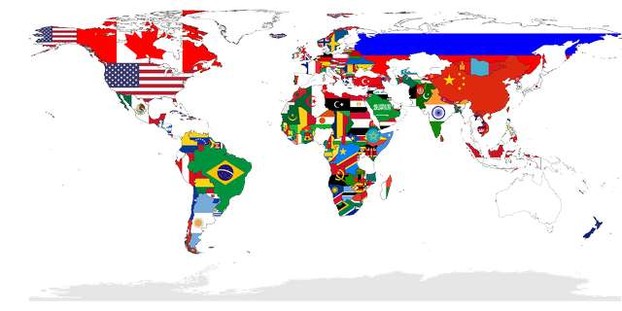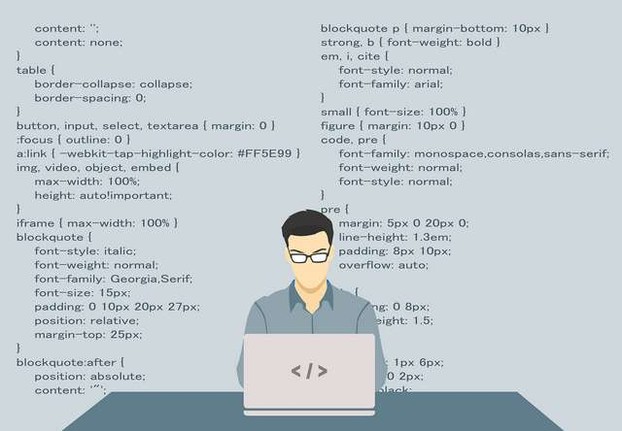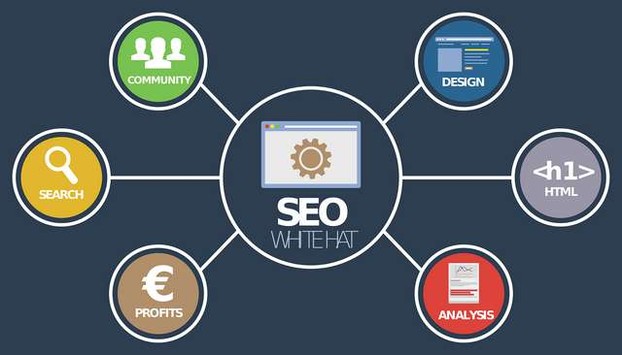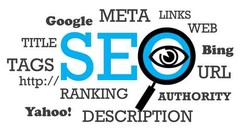Blogging is an important part of the internet from its earliest stages. It may serve as a personal diary, a medium supporting your hobby (in my case, fairy tales and vintage illustrations), but it can also rise to an important source of income.
Opening a blog with a domain of your choice and self-hosting can be overwhelming for the beginner. While it's not exactly rocket science, it still demands some technical knowledge to start and a learning curve to improve it until you reach visitors and potential customers. Free blogging services, on the other hand, offer a much easier start and can satisfy most bloggers, especially if they are not sure how much time, energy, and money are willing to dedicate to their online presence.
I have tried dozens of free blogging services and made numerous mistakes. Of course, I knew there was no such thing as a free lunch but some obstacles with using free blogging still surprised me. This article is written to inform you about the major problems you should be aware of, so you won't repeat the same mistake and focus on making your own. You'll find many options for free blogging and also several addresses which I don't recommend.
Here are the top 10 characteristics of free blogging services to consider before you dive in!











 Vintage Postcard Artists with 10 Examples of Easter Cardson 02/21/2025
Vintage Postcard Artists with 10 Examples of Easter Cardson 02/21/2025
 Valentine's Symbolson 01/23/2025
Valentine's Symbolson 01/23/2025
 Thanksgiving Symbolson 11/12/2024
Thanksgiving Symbolson 11/12/2024
 Famous Witches in Literary Historyon 10/06/2024
Famous Witches in Literary Historyon 10/06/2024


Comments
Yes, iron is an ancent protection against evil.
It's hard to understand their intention. The rules go through so many hands, including lawyers, system operators, etc., it's sometimes just best to try following a common sense and hope for the best.
I don't know. Maybe. But my intention was to publish in English, anyway.
Thank you for the justcoolstuff link at the very end of the second subheading, Rules.
The feather of Finist the falcon intrigues me.
The only other occurrence that I quickly locate in my mind is the iron footwear that murders the evil queen in Snow White.
And yet the iron footwear is a positive here, correct?
The second subheading, Rules, alerts us to the fact that "There are so many, and they are written in so tricky language, a mere mortal can hardly understand everything."
Why do blogging services write their rules arcanely?
It does not develop customer rapport even as perhaps customers coming and going rather than customers staying draws blogging-service owner-operators.
That arcaneness drops bloggers before they develop any seniority (or any substantial revenue).
Thank you for your comment below in answer to my previous observation and question.
The Hungary-headquartered blog perhaps preferred Hungarian-language posts.
Would an online translator perhaps have kept your posts there? Or would English-Hungarian online translators warrant more finessing and fine-tuning than their present capabilities?
It depends, really. The ideal should be very niche-specific blog, e.g. about light shades of red color, but it's very hard to make ten interesting articles about that. Quatity is important - more posts leads to more keywords and more traffic. On the other hand, the authority of the blog is very important, too. With ten posts the authority of the blog is devided to ten posts, so you need more links and/or higher initial authority of the blog.
Thank you for your comment below in answer to my previous observation and question.
The link to mystrikingly articles appears under the first subheading, Registration. Those articles cluster under books, calendars, fables, fairy tales, legends and maps.
The above-mentioned categories interest me because of your expertise and perspective and style.
But would contributions such as this one or such as niche colors have been deemed as more profitable to that owner?
The owner didn't see profit in my blog, so it canceled it. I don't blame him/her. In general, I try to open blogs focused on one theme only. But I noticed sometimes a wider approach is better because some themes I work on just don't fit anywhere else. So I have so-called niche blogs (e.g. about colors) and blogs about 'everything'.
The first subheading, Registration, advises us that "Here is an example of my blog, initially opened in Hungary but deleted by the owner without warning after five posts: https://past-tense.mystrikingly.com/ (now already transferred)."
It confounds me why the owner -- their loss! -- canceled after five posts without clarifying whether or not you communicate in the (universal) English language only.
How did you determine where to domicile all your timeless, timely book-, calendar-, fable-, fairy tale-, legend-, map-devoted posts?